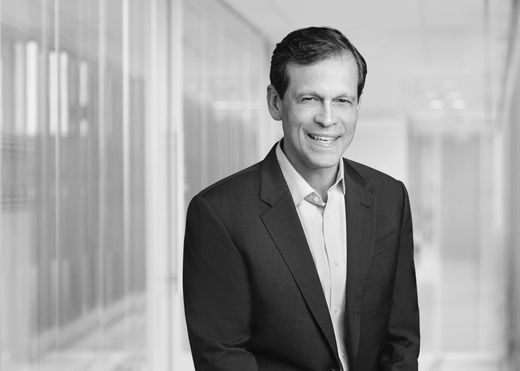Claudius Modesti Quoted in The CPA Journal from Baruch College Auditing Conference Panel

Contact:
Akin Gump litigation partner Claudius Modesti has been quoted in The CPA Journal from a panel discussion in which he participated last December that featured a look at litigation and enforcement issues relevant to auditors. The panel was hosted by Baruch College as part of its 15th annual Auditing Conference.
The panel began with a question about how the regulatory environment might change under the Biden-Harris administration, with Modesti noting that it would mostly depend on personnel choices. While Gary Genseler has since been sworn in as the new Securities and Exchange Commission Chairman, Modesti said he thinks “it’s conventional wisdom that you’d expect generally to have greater scrutiny of public companies, especially larger public companies.”
The conversation then turned to potential changes at the Public Company Accounting Oversight Board (PCAOB), on which Modesti served as its first Division of Enforcement Director. Regarding the possible turnover of board members to coincide with a new administration, he said, “I think there’s some institutional carryover that’s needed. Having board members straddle administrations is helpful and constructive, and I think there’s a way for a new chair to have her or his agenda fulfilled.” Once there is a new leader in place, he thinks that person “will look very closely at the inspection program and help shape decisions around how those resources are applied.”
Discussing the PCAOB’s concept release on quality control [QC], Modesti said the proposed QC standards are “fairly principles based; they’re not written like some of the audit standards in terms of their specificity, particularity about procedures to be performed. The more prescriptive they are, the more they’ll probably assign responsibility to firm personnel QC, which then can lead to potential liability for those personnel.”
Regarding his own time at the PCAOB, Modesti said, “We always looked through the lens of ‘How did the auditor consider the fraud risks?’ from assessment to identification to responding with audit procedures. I think auditors tend to plan these audits really well, but if they’re going to skip a procedure, they should have a really good reason why, and they should explain how they came up with alternative procedures to identify and address fraud risk.”
Where there’s heightened fraud risk, Modesti said, the assignment of personnel and supervision by engagement partners is really important. “That’s where we’ve seen all types of firms get tripped up, where they assign inexperienced staff in fairly sensitive areas which have heightened fraud risk, and then they don’t supervise the work.”
Other panelists alongside Modesti included Ben Campbell, general counsel of Deloitte; and Mike Maloney, president of Credibility International. The panel was moderated by Doug Carmichael, a professor at Baruch.


